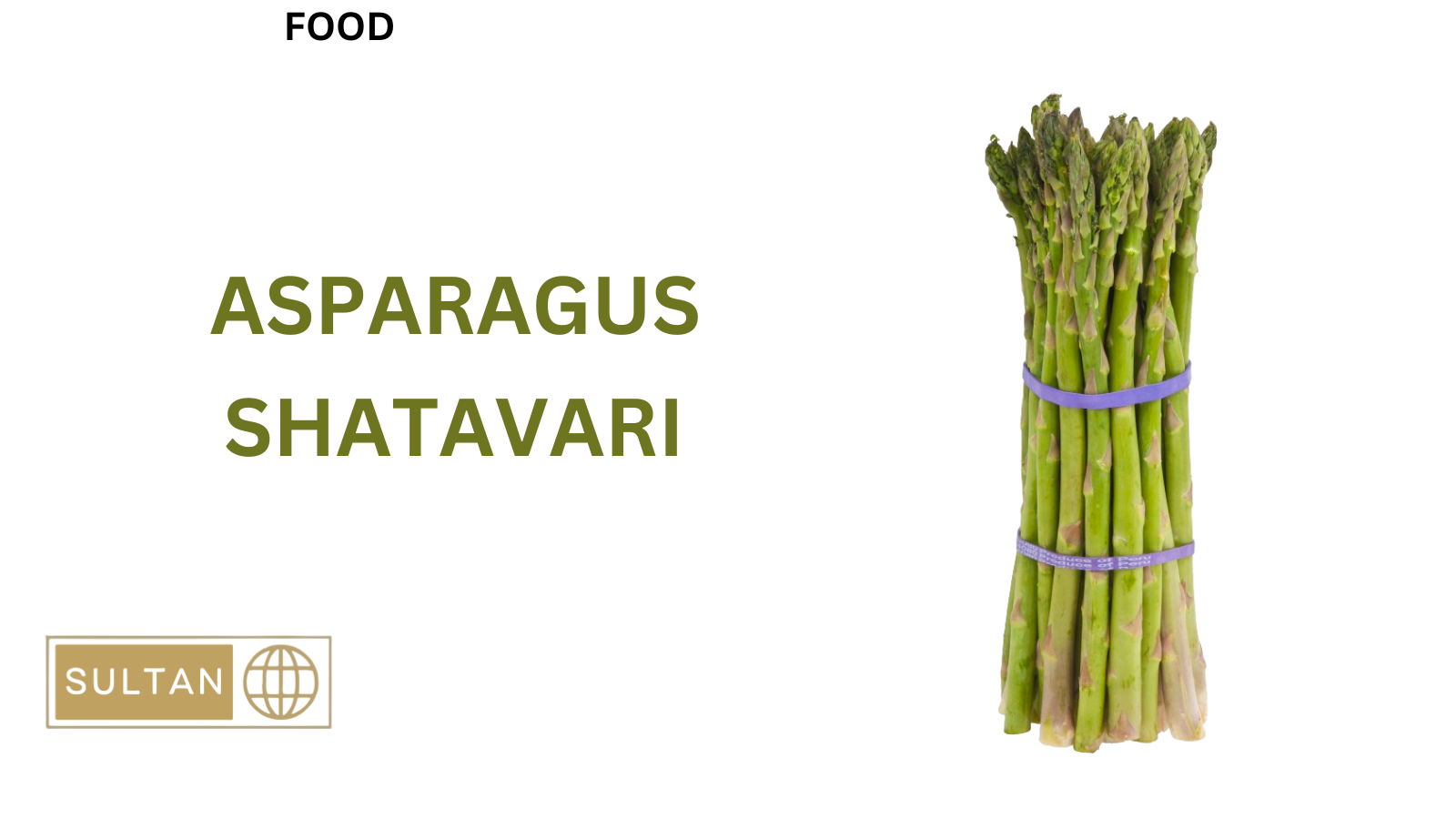Asparagus shatavari, a versatile and nutritious vegetable, has been cultivated for centuries for its culinary and medicinal properties. In India, asparagus is known as “shatavari,” and it holds a significant place in Ayurvedic medicine. This blog post delves into the world of asparagus in Hindi, exploring its culinary uses, health benefits, and cultural significance.
Dishes with Asparagus shatavari
Asparagus Shatavari is a prized ingredient in Indian cuisine, adding a delicate flavor and crunch to various dishes. Its tender spears can be enjoyed grilled, roasted, steamed, or stir-fried. Shatavari is often incorporated into curries, soups, and salads, lending a unique earthy flavor and a hint of sweetness.

One popular dish that showcases shatavari is shatavari subzi, a stir-fry preparation that highlights the vegetable’s delicate texture and flavor. Another culinary delight is shatavari pulao, a fragrant rice dish infused with the essence of shatavari. For those seeking a lighter option, shatavari salad offers a refreshing and nutritious choice.
Shatavari’s tender spears grace Indian cuisine, adding a delicate crunch and earthy flavor to various dishes. It’s often grilled, roasted, steamed, or stir-fried, enhancing curries, soups, and salads. Shatavari subzi, a flavorful stir-fry, and shatavari pulao, a fragrant rice dish, are prime examples of its culinary versatility.
Health Benefits of Asparagus shatavari
Beyond its culinary appeal, shatavari is revered for its numerous health benefits. In Ayurvedic medicine, shatavari is considered a rasayana, meaning it promotes rejuvenation and longevity. It is believed to strengthen the immune system, enhance reproductive health, and alleviate anxiety and stress.
Modern research supports the traditional uses of shatavari. Studies have shown that shatavari possesses anti-inflammatory, antioxidant, and adaptogenic properties. It is also a rich source of vitamins, minerals, and fiber, making it a valuable addition to a healthy diet.
In Ayurveda, shatavari is considered a rasayana, a rejuvenating herb. Studies have shown its anti-inflammatory, antioxidant, and adaptogenic properties. It supports the immune system, reproductive health, and stress management.
Cultural Significance of Shatavari
In Indian culture, shatavari holds a special place due to its association with well-being and prosperity. It is often used in traditional ceremonies and is believed to bring blessings to those who consume it. Shatavari is also considered a sacred plant in Ayurveda, symbolizing femininity, nurturing, and overall well-being.
Conclusion
Asparagus, or shatavari as it is known in Hindi, is a culinary and medicinal gem that offers a wealth of benefits. Its versatility in the kitchen, coupled with its profound impact on health and well-being, makes it a true treasure. Whether enjoyed as a culinary delight or embraced for its medicinal properties, shatavari continues to hold a significant place in Indian culture and beyond.


